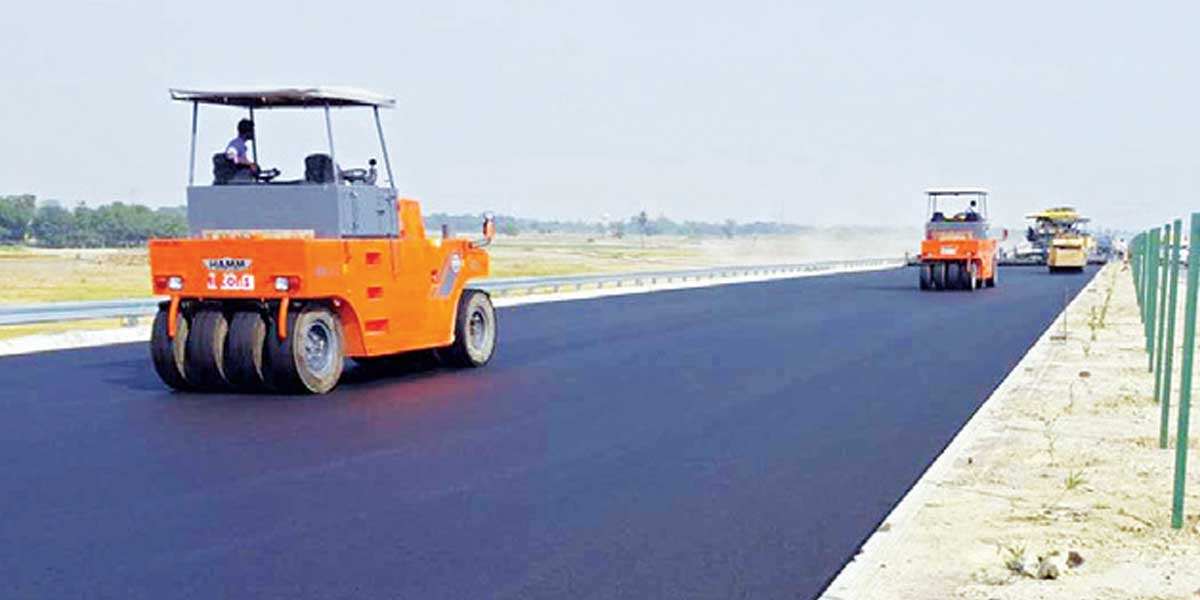
In FY24, MoRTH intends to construct 45 kilometres of road daily

Tiwari Hata Wall Demolished for 3.5-km Heritage Corridor Project
The demolition of the boundary wall of the Tiwari Hata complex began late Tuesday night as part of the 3.5-kilometre Heritage Corridor project, a key initiative led by chief minister Yogi Adityanath to boost urban development in Gorakhpur. The Tiwari Hata property, once home to late politician Harishankar Tiwari, has recently gained renewed attention after the arrest of Samajwadi Party leader Vinay Shankar Tiwari in a money laundering case. PWD executive engineer AK Singh said demolition is underway in areas marked by the Public Works Department as part of the road widening effort. Some resi..

Madhya Pradesh Champions Inclusive Tourism at Heritage Sites
On the occasion of World Heritage Day, Madhya Pradesh is taking a significant step toward inclusive tourism by making its historical sites accessible to all — especially persons with disabilities. The state is rolling out its ‘Accessibility Infrastructure and Development’ project at Maheshwar, Mandu, Dhar, and Orchha, aiming to create a more welcoming experience at these iconic cultural destinations.The initiative, under the leadership of Chief Minister Dr Mohan Yadav and Tourism Minister Shri Dharmendra Bhav Singh Lodhi, includes infrastructure upgrades such as ramps, Braille signage, w..

Runwal Realty Onboards Sonam Kapoor as Brand Ambassador
Real estate major Runwal has unveiled a refreshed identity as Runwal Realty, signalling a renewed commitment to crafting spaces that stand the test of time. With this refresh, the brand unveils its new philosophy: “Building for Generations to Come” and welcomes Bollywood star and global fashion icon Sonam Kapoor as its brand ambassador. This evolved identity reflects Runwal Realty’s commitment to creating not just homes, but heirlooms—crafted through visionary design, meticulous planning, global design expertise and an unwavering focus on quality. With the customer at its core, each de..














